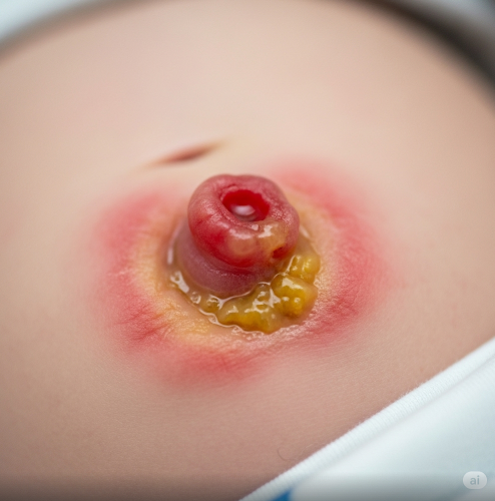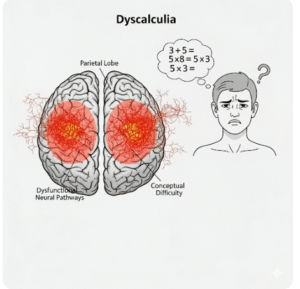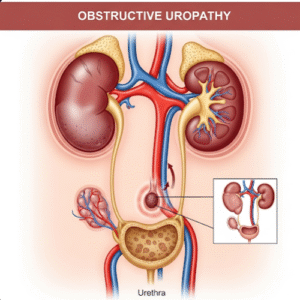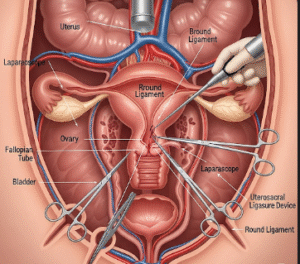Overview
Omphalitis is a bacterial infection of the umbilical stump in newborns, typically occurring within the first few weeks after birth. It is a potentially serious condition that can spread rapidly if not treated promptly. Although rare in countries with access to proper hygiene and healthcare, omphalitis remains a leading cause of neonatal morbidity and mortality in some parts of the world. Immediate medical attention is essential to prevent life-threatening complications such as sepsis.
What is Omphalitis?
Omphalitis is an infection of the umbilical cord stump, usually caused by bacteria such as Staphylococcus aureus, Streptococcus, or Escherichia coli. After birth, the umbilical stump typically dries up and falls off within 1–2 weeks. However, in cases of omphalitis, bacteria enter through the moist, healing area, leading to redness, swelling, and pus formation around the umbilicus. It is considered a medical emergency in newborns due to the risk of rapid bacterial spread into the bloodstream.
Symptoms
The symptoms of omphalitis usually appear within the first 2 weeks of life and may include:
- Redness, swelling, and warmth around the umbilical stump
- Foul-smelling or purulent (pus-like) discharge
- Tenderness or pain near the belly button
- Fever or low body temperature
- Poor feeding or lethargy
- Signs of systemic infection (e.g., pale skin, irritability, breathing difficulty)
Causes
Omphalitis is most commonly caused by bacterial infections, often introduced during or after delivery. Causes include:
- Poor umbilical cord hygiene or care
- Contamination during delivery
- Use of unsterile cutting instruments (common in home births or under-resourced settings)
- Delay in drying or separation of the umbilical stump
- Co-existing skin infections
Risk Factors
Certain factors increase the risk of developing omphalitis in newborns:
- Premature birth or low birth weight
- Delivery in non-sterile conditions
- Prolonged rupture of membranes
- Umbilical catheterization
- Inadequate cord care practices
- Living in environments with poor sanitation
- Maternal infections at the time of delivery
Complications
If untreated, omphalitis can quickly progress to more severe conditions, such as:
- Neonatal sepsis (life-threatening bloodstream infection)
- Necrotizing fasciitis (rapidly spreading soft tissue infection)
- Peritonitis (infection of the abdominal cavity)
- Umbilical abscess formation
- Death (in severe or untreated cases)
Prevention
Preventive measures are critical, especially in resource-limited settings. Key strategies include:
- Practicing sterile techniques during delivery and cord cutting
- Keeping the umbilical stump clean and dry
- Avoiding the use of unproven substances (e.g., ash, powders, or oils) on the stump
- Using chlorhexidine for umbilical cord care in high-risk areas
- Educating caregivers and birth attendants on proper cord care
- Early medical evaluation of any signs of infection
Treatment Options in Korea
South Korea offers advanced neonatal and pediatric care for infections like omphalitis. Treatment typically includes:
- Hospitalization for close monitoring, especially in newborns
- Intravenous (IV) antibiotics to eliminate the bacterial infection
- Surgical drainage if an abscess or necrotizing fasciitis is present
- Supportive care such as fluids, temperature regulation, and feeding support
- Follow-up monitoring to prevent recurrence or long-term complications
Top medical centers in South Korea, including Seoul National University Children’s Hospital, Asan Medical Center, and Severance Hospital, offer neonatal intensive care units (NICUs) equipped with modern facilities and experienced pediatric infectious disease specialists.












